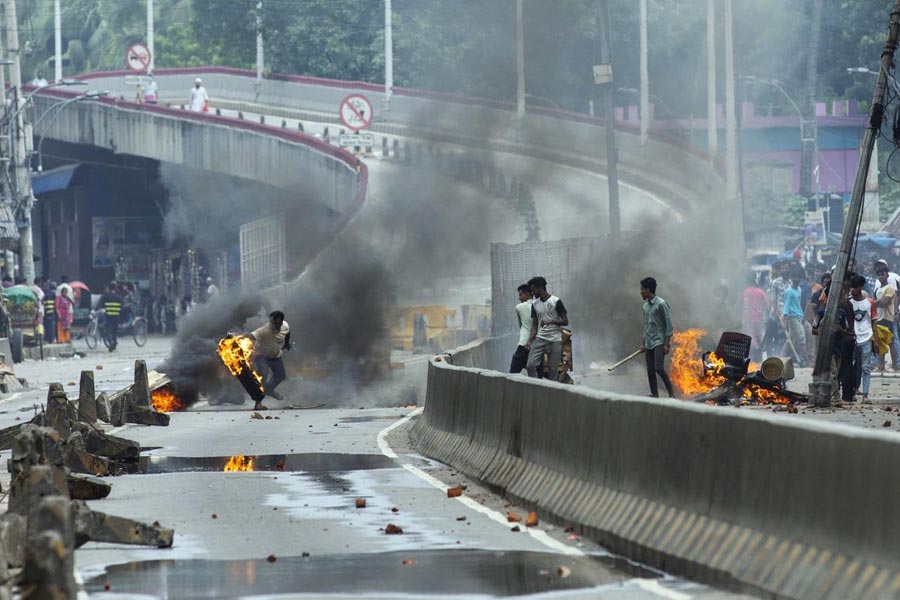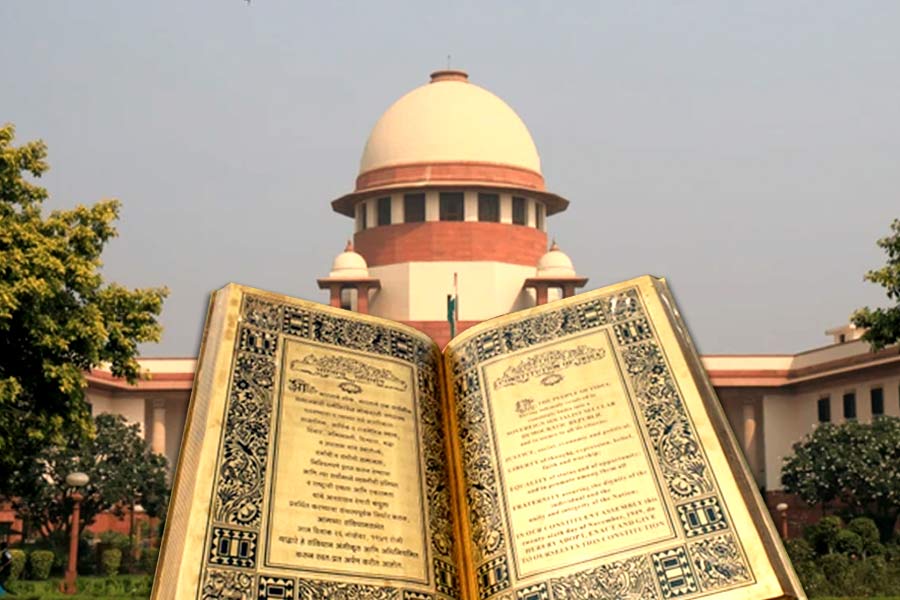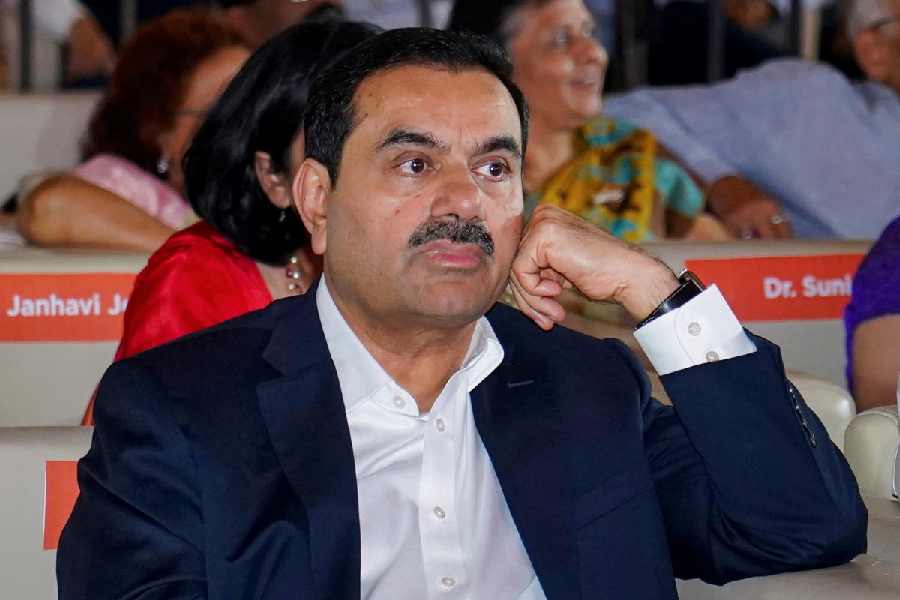Hundreds of people stormed the headquarters of Bangladesh’s central bank on Wednesday, forcing several top officials to resign.
Multiple news agencies reported that the protesters were also employees of Bangladesh Bank, the central bank and apex regulatory body for the country’s monetary and financial system. They accused the bank leadership of being in cahoots with the “autocratic” Sheikh Hasina and financial irregularities.
“Four deputy governors of Bangladesh’s central bank were forced to resign on Wednesday after about 300-400 officials protested against what they said was corruption by top officials,” said a Reuters report quoting “sources at the bank”. The Bangladesh Bank governor and two of his deputies were not present in office during the protests, the report said.
This newspaper spoke to a Bangladesh Bank executive who saw the dramatic events unfold.
The bracketed portions in the account were added by this newspaper for context.
I reached the office (the headquarters of Bangladesh Bank, in Motijheel, the central business district of Dhaka) around 10am. I saw many employees assembled outside. A colleague who came 15 minutes later told me that the crowd had swelled considerably. Most of the protesters looked like they were employees. Many had their faces covered with cloth.
Ours is a 30-storeyed building. Uniformed and armed guards were deployed outside but they did nothing to intervene. The group soon barged in.
Their demands included the resignations of the governor, deputy governors, an advisor and the head of the Bangladesh Financial Intelligence Unit (BFIU). The governor was not in office. He has not been coming to work since Sunday (Friday and Saturday are holidays in Bangladesh and the working week starts on Sunday).
I was on the third floor, which houses the chambers of the top leadership. I saw the protesters on the same floor, headed to the office of a deputy governor.
A blank sheet of paper was handed to him. He was asked to write a resignation letter and sign it. The official tried to protest but eventually realised that it was futile. He wrote the letter and signed it.
The crowd cheered as he did. As the official picked up his bag and belongings and left the office, escorted by men in uniform, the crowd kept shouting: “Chor, chor (thief, thief).”
The guards, from our armed forces, were just to ensure that the officials were not bodily harmed. They never stopped the protesters.
I may not agree with the protesters’ approach but their demands were legitimate. Our top leadership is steeped in corruption. Big loans have been given to the leaders of the ruling party (Awami League, headed by Hasina, which was in power for 15 years). Most of these loans are bad debts. The recruitment process is also mired in irregularities.
The group then headed to the office of another deputy governor. She told them that she had already made up her mind to quit and that she had come to collect her stuff. Two more deputy governors also acceded to their demands without any fuss.
An advisor to the bank and another man who heads the BFIU told the protesters they would not come to the office from Wednesday. They left the office soon after.
I have been working here for five years. But never did I expect that I would see such a day. Many colleagues who did not take part in the protests watched intently. Some of them said this was much needed.
As I walked out of the office with some colleagues around 11.15am, uniformed army personnel were making repeated announcements asking anyone who was not a bank employee to step out of the complex immediately.
We left the office around noon. The regular working hours of our bank are 10am to 6pm.
I am not sure when normal bank operations will resume.











